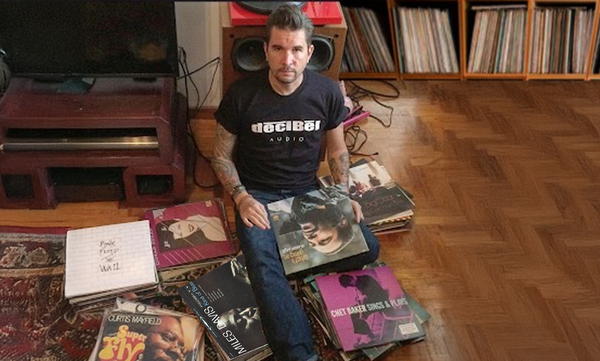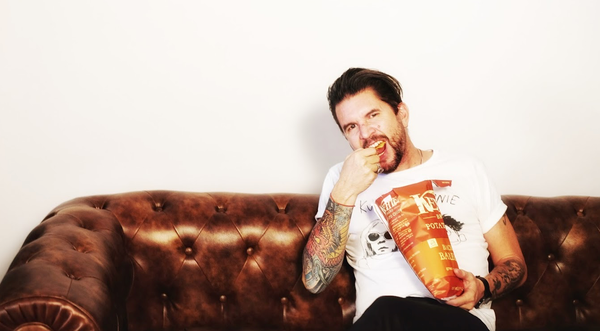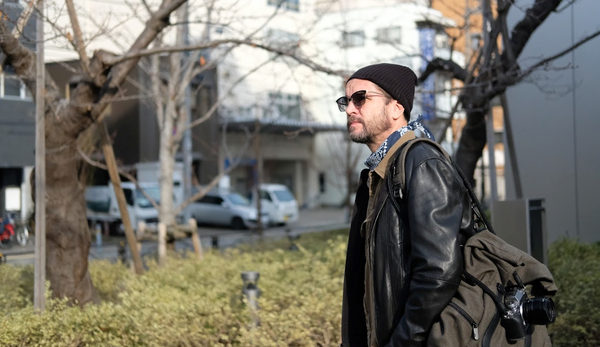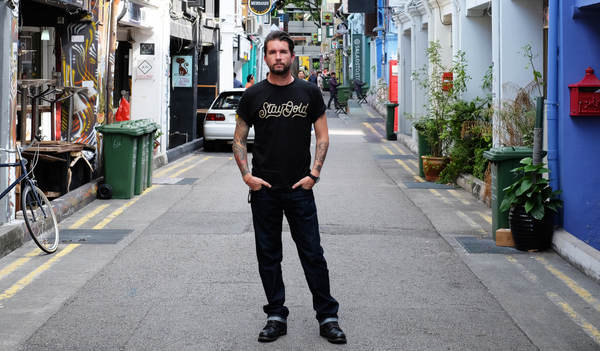Loneliness Is Not a Personal Flaw. It’s a Design Flaw.
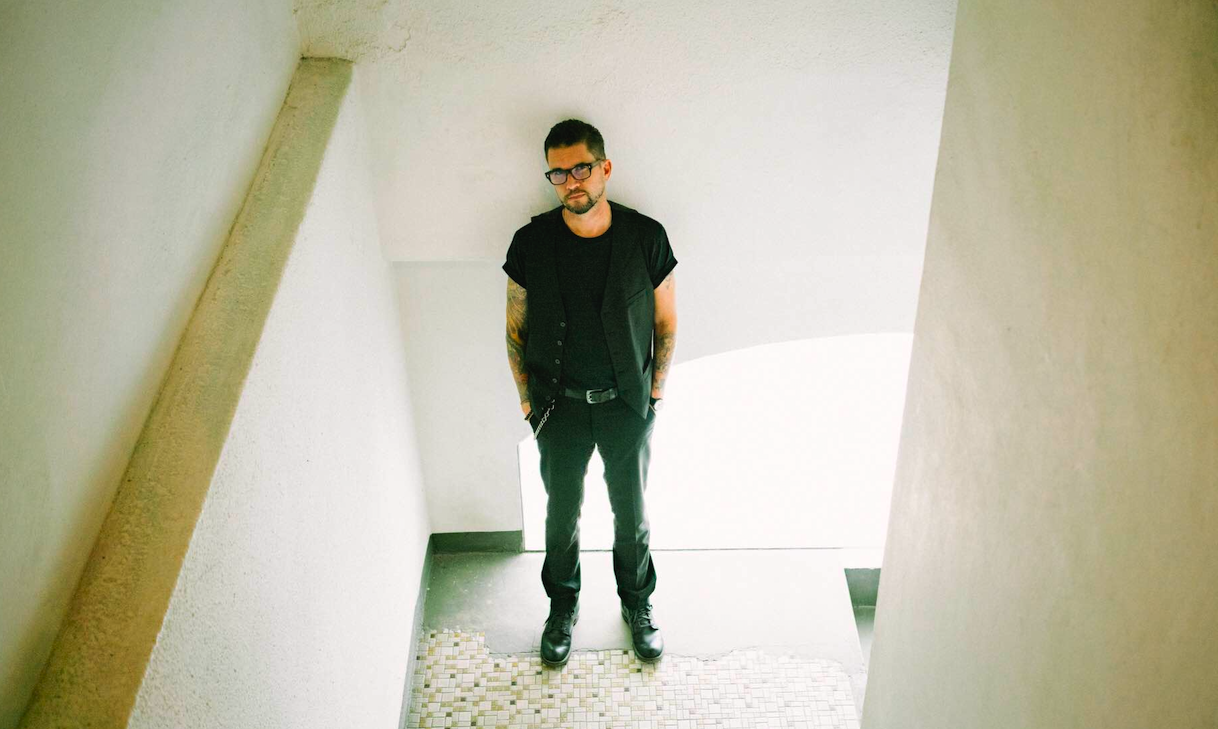
At The Epilogue Company, we study what gets left out. The stories that don’t fit a segmentation. The people who don’t feel seen by the systems meant to serve them.
In the Epilogue Economy™, aging isn’t just about getting older. It’s about living longer, through more transitions, and often, more solitude.
And yet, one experience threads through this stage of life - so common, so quietly endured - it’s become invisible.
Loneliness.
Not a weakness. Not a character defect. Loneliness is not a personal flaw. It’s a design flaw. A byproduct of systems that value independence over interdependence. Of cities built for cars, not conversations. Of tech that optimizes engagement, not empathy. Of marketing that celebrates togetherness, but rarely speaks to solitude.
We’ve treated loneliness as something unfortunate but personal, something people are expected to overcome with self-help books, meditation apps, or a better attitude. But the data tells a different story.
A 2024 global study found that nearly 1 in 4 people worldwide report feeling lonely on a regular basis. That’s not a fringe problem. That’s structural. That’s cultural. That’s us.
One in three older adults experiences regular loneliness. But the loneliest group? Young adults aged 18 to 24. In some studies, nearly 60% say it’s harming their well-being.
This is not a symptom of age. It’s a signal about modern life.
Widowhood, Divorce, Distance, Displacement
In the Epilogue Economy, we often focus on the after. After the loss. After the kids leave. After the job ends. After the identity shifts.
And after “we” becomes “me.”
Loneliness often intensifies in these moments, especially for those who’ve lost a spouse. Research shows men are three times more likely to experience loneliness in the first year of widowhood. For women, it’s about double. But both face a quieter challenge: a shrinking circle, a new routine, a suddenly unfamiliar self.
But this isn’t just about death. It’s about divorce. About distance from family, or from familiarity. It’s the migrant worker far from home. The parent with partial custody. The single professional who built an impressive life, but no one to share it with at the end of the day. It’s the expat who stayed when others left.
It lives in the transitions. And transitions are where brands most often lose sight of the human.
Culture Is the Brief
Gita de Beer offered a sharp observation:
“As machines take over the grunt work, marketers have a bigger job: shaping culture.”
She’s right. The campaigns we remember didn’t just sell. They shifted something. Dove made beauty more inclusive. Ariel told men to do their share. Lux helped normalize periods.
These brands didn’t exploit issues. They illuminated them. They gave us language, permission, and reflection.
Not Everyone Leaves Loudly
Loneliness is a business problem disguised as a personal one. It is reflected in churn rates, customer care metrics, abandoned carts, and underutilized services. It’s the silent reason someone closes an account, switches brands, or stops showing up.
In the Epilogue Economy, the brands that thrive won’t just build campaigns. They’ll build structures that make people feel seen, even when they’re alone.
What if the next conversation was about loneliness?
Not to manipulate it, but to see it. To say, with quiet clarity: you’re not alone, even when it feels like you are. Not everyone wants to join a group. Not everyone wants more “community.” But nearly everyone wants to feel noticed.
And notice is the beginning of connection.
Designing for Connection Without Forcing Closeness
Here’s the line we need to walk: Empathy without intrusion.
We don’t need brands to solve loneliness. We need them to stop pretending it doesn’t exist. Design products that respect solitude without assuming lack. Craft messages that invite, not insist. Reimagine services that don’t treat solo customers as anomalies.
And don’t assume that “single” means “searching.” Sometimes, it means centered.
A survey of young Australians revealed that 55% of lonely youth felt worse after seeing social media posts, not because they lacked connection, but because they were excluded from the narrative of joy.
The takeaway isn’t to dial back joy. It’s to widen its lens.
The Epilogue Economy is built on the after. After the job. After the spouse. After the full house. But also: after the diagnosis. After the relocation. After the last child moves out.
Brands have always shown up in moments of desire. What if they showed up in moments of redefinition?
From Inclusion to Invitation
Loneliness is not a marketing segment. However, it’s a signal of what has been missed, muted, or misunderstood. A flag that something essential has been designed out of daily life: recognition, relevance, and relational worth. And if unmet needs are where the market lives, then this isn’t optional. It’s the brief.
The brands that lead in the Epilogue Economy won’t just target an older demo. They’ll speak to the after. To the brave act of reassembly. To the emotional complexity of transitions.
Connection isn’t a brand value. It’s not even a human right. In the Epilogue Economy, it’s a responsibility. And the brands that carry it forward won’t just win attention.
They’ll earn trust, the rarest currency of all.

A Note from The Epilogue Company
The Epilogue Economy™ is complicated. Aging is complicated. Life is complicated. But it’s also rich with meaning, agency, and untapped opportunity if we can see it.
At The Epilogue Company, we work with brands, agencies, and organizations that want to do that work, not just to market to older consumers but to those in transition, to understand them, include them, and speak to the full arc of their experience with honesty, dignity, and relevance.
If that sounds like the thinking your team needs, let’s talk. Not a pitch. Just a conversation.
Read the Field Notes on the Epilogue Economy™
I publish regular reflections, provocations, and insights - from aging and identity to work, reinvention, cultural signals, and strategic provocations from inside the Epilogue Economy™. It’s free, it’s thoughtful, and it might just help you rethink what’s next.
